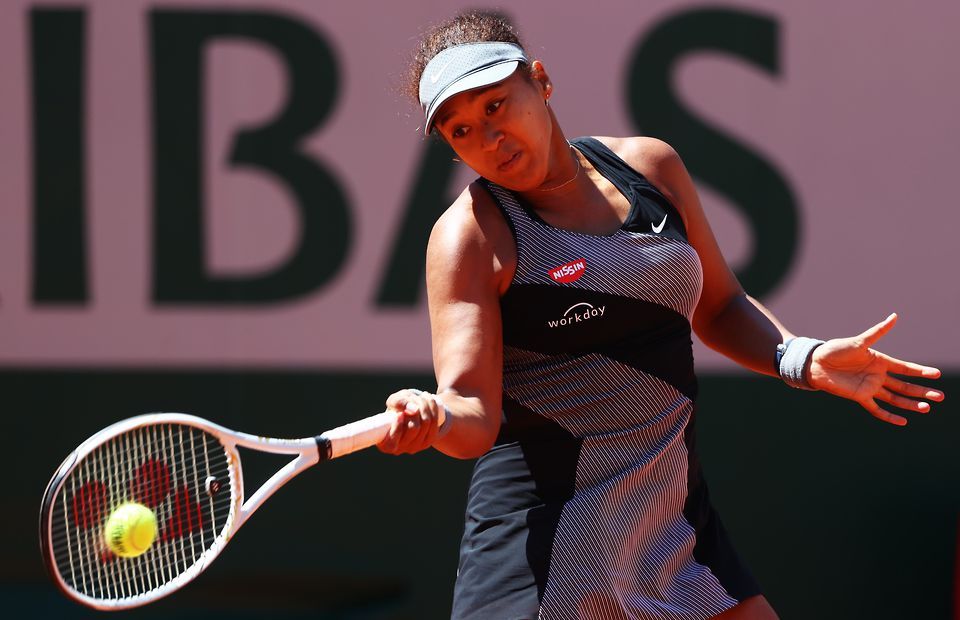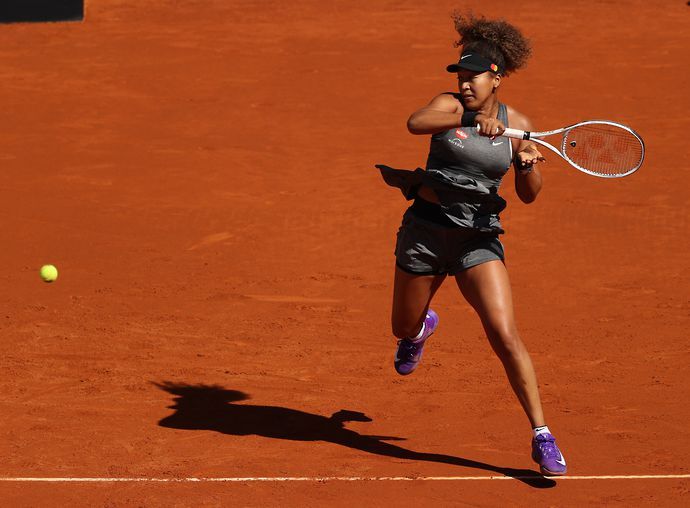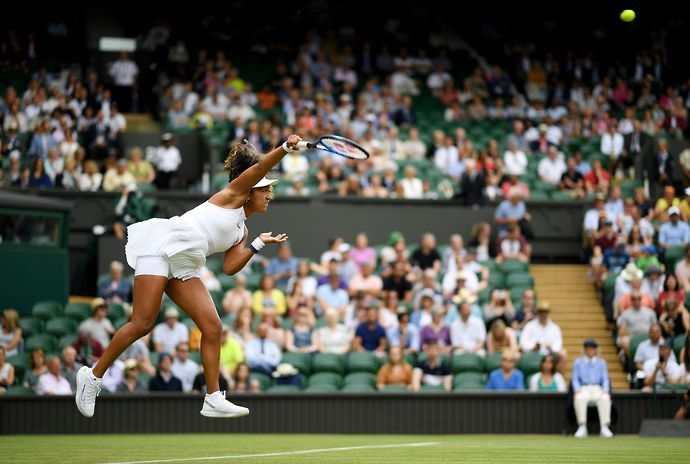In a personal essay published in Time Magazine, tennis star Naomi Osaka has told her fans “it’s OK to not be OK.”
The 23-year-old stepped back from the spotlight in June after withdrawing from the French Open. She had chosen to avoid press conferences at the Grand Slam, a decision which sparked an avalanche of debate and criticism. In response, Osaka pulled out of the tournament completely in order to protect her mental health.
The four-time Grand Slam winner and world number two has since skipped Wimbledon, but is set to compete at the upcoming Tokyo 2020 Olympic Games. Her reemergence into the public eye has been preceded by the personal essay in Time Magazine.
In the essay, Osaka explained her complex relationship with the press and suggested athletes should have “sick days” where they could be excused from media events without having to disclose their personal reasons.
“I communicated that I wanted to skip press conferences at Roland Garros to exercise self-care and preservation of my mental health,” she wrote. “I stand by that. Athletes are humans. Tennis is our privileged profession, and of course there are commitments off the court that coincide.
“But I can’t imagine another profession where a consistent attendance record (I have missed one press conference in my seven years on tour) would be so harshly scrutinized.
“Perhaps we should give athletes the right to take a mental break from media scrutiny on a rare occasion without being subject to strict sanctions.”
Osaka also revealed former first lady of the United States Michelle Obama, 23-time Olympic gold medallist Michael Phelps, basketball star Steph Curry, tennis legend Novak Djokovic and British royal family member Meghan Markle had all reached out to offer their support after the French Open.
At the end of the essay, Osaka confirmed she would be competing at the Tokyo 2020 Olympic Games and signed off with a powerful message.
“Believe it or not, I am naturally introverted and do not court the spotlight,” she said. “I always try to push myself to speak up for what I believe to be right, but that often comes at a cost of great anxiety.
“I feel uncomfortable being the spokesperson or face of athlete mental health as it’s still so new to me and I don’t have all the answers. I do hope that people can relate and understand it’s O.K. to not be O.K., and it’s O.K. to talk about it. There are people who can help, and there is usually light at the end of any tunnel.
“Michael Phelps told me that by speaking up I may have saved a life. If that’s true, then it was all worth it.”





















